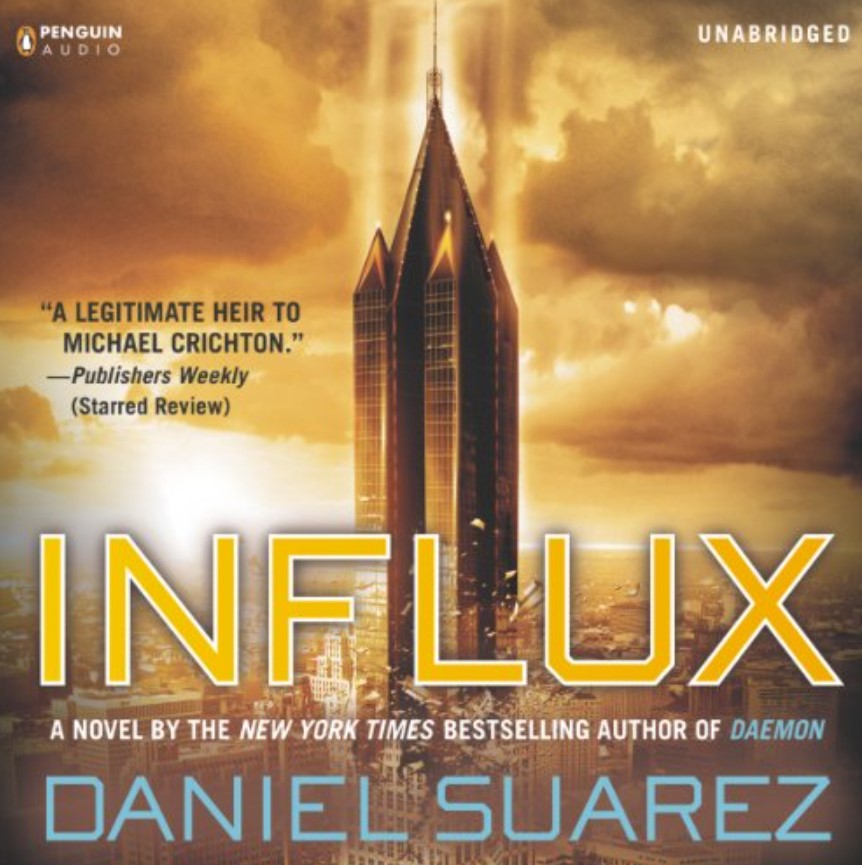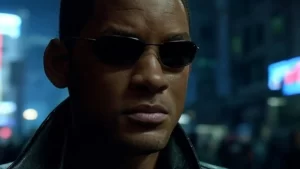Following the success of Bad Boys: Ride or Die, Sony Pictures wastes no time and has cast Will Smith in the sci-fi thriller, Resistor.
The film is based on the book, Influx, by author Daniel Suarez, which, per the book description (see below), imagines a world in which decades of technological advances have been suppressed in an effort to prevent disruptive change.
Deadline adds the first draft of the script was written by Zak Olkewicz, with Eric Warren Singer penning the latest draft.
Todd Black, Jason Blumenthal, Steve Tisch and Tony Shaw of Escape Artists are producing, which has been developing the project for some time along with Smith and Jon Mone through Westbrook, with Heather Washington exec producing. Dave Wilson is also producing.

What is Influx about?
Are smartphones really humanity’s most significant innovation since the moon landings? Or can something else explain why the bold visions of the 20th century – fusion power, genetic enhancements, artificial intelligence, cures for common diseases, extended human life, and a host of other world-changing advances – have remained beyond our grasp? Why has the high-tech future that seemed imminent in the 1960s failed to arrive?
Perhaps it did arrive…but only for a select few.
Particle physicist Jon Grady is ecstatic when his team achieves what they’ve been working toward for years: A device that can reflect gravity. Their research will revolutionize the field of physics – the crowning achievement of a career. Grady expects widespread acclaim for his entire team. The Nobel Prize. Instead, his lab is locked down by a shadowy organization whose mission is to prevent at all costs the social upheaval sudden technological advances bring. This Bureau of Technology Control uses the advanced technologies they have harvested over the decades to fulfill their mission.
They are living in our future.
Presented with the opportunity to join the BTC and improve his own technology in secret, Grady balks, and is instead thrown into a nightmarish high-tech prison built to hold rebellious geniuses like himself. With so many great intellects confined together, can Grady and his fellow prisoners conceive of a way to usher humanity out of its artificial dark age?
And when they do, is it possible to defeat an enemy that wields a technological advantage half a century in the making?







